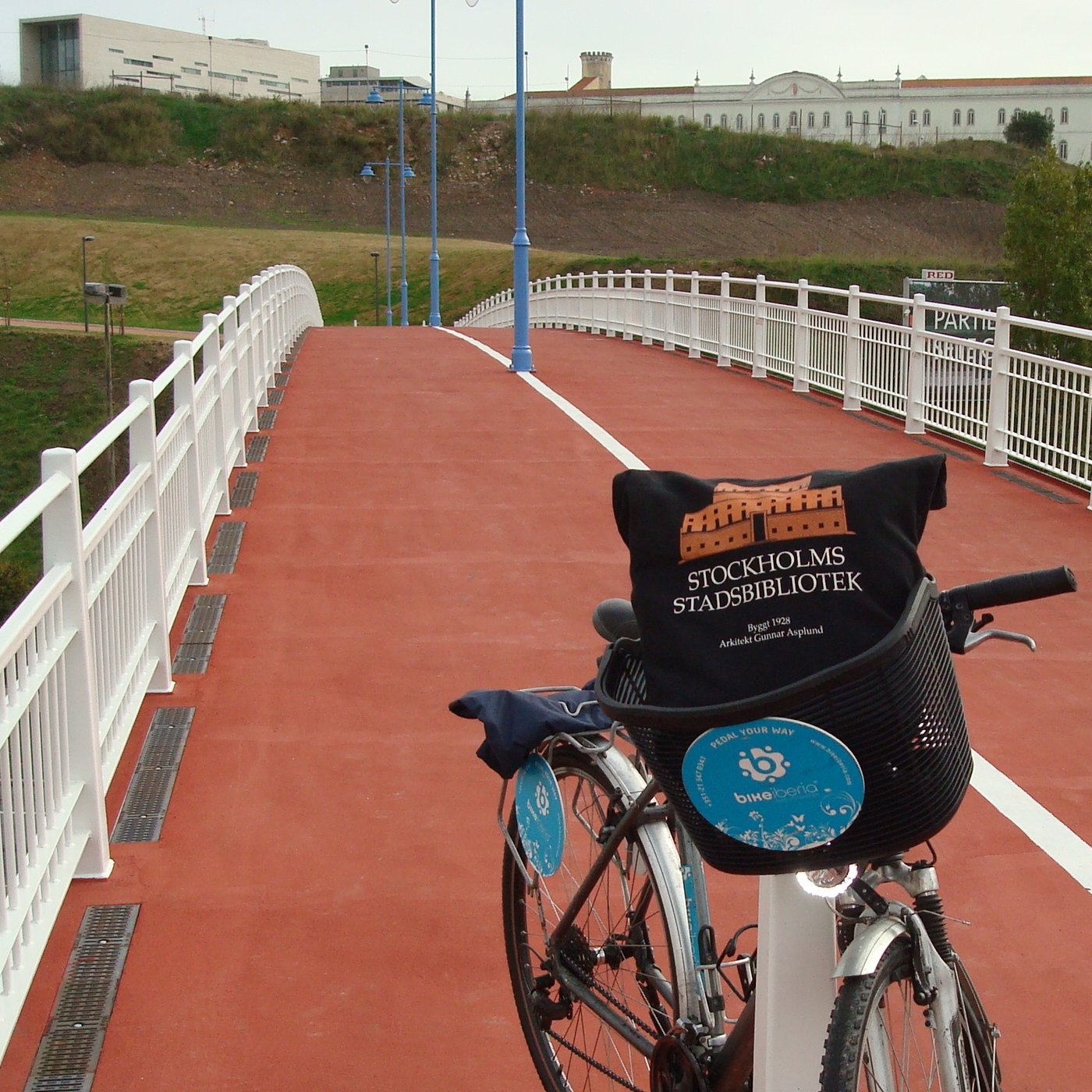☰ Menu
Mesopotamien
Irak
2016
Das politische System, das nach der US-Invasion 2003 im Irak errichtet wurde, beruht auf Quoten nach Ethnie und Religion. Es hat den Klientelismus befördert und die zunehmende konfessionelle Spaltung des Landes. Der Konfessionalismus wiederum hat den Nährboden bereitet, auf dem sich der IS ausbreiten konnte.
D.S. 2016 04 172014
Why Museums Were Looted, Libraries Burned and Academics MurderedEdited by: Raymond W. Baker, Shereen T. Ismael, Tareq Y. Ismael
ISBN: 9780745328126
Extent: 312pp
"According to the editors of the book this war objective was a decision taken when three parties aligned:
the neoconservatives who wanted permanent bases in a geographical strategy of military domination;
Israel that did not want a powerful state in its backyard;
and the oil industry that wanted to lay its hand on one of the largest oil reserves in the world.
This I have also written seven years ago.
Now it’s there, in black and white, with many footnotes,
well documented in a book published by an internationally renowned publishing house (Pluto Press)"
Source: Raymond William Baker
War:
first, one hopes to win; then one expects the enemy to
lose;
then, one is satisfied that he too is suffering;
in the end, one is surprised that everyone has lost.
Karl Kraus (1874—1936)
a) Irak 1936
b) Irak 1948

Springnota?
Nu är massförstörelsen i gång i tvåflodslandet, f.d. Mesopotamien, världskulturens vagga.
En fråga jag ställer mig i dag är:
Vilka betalar notan?
Det ligger nära till hands att tro att oljan i området ska användas som pant för återuppbyggnadskostnaderna.
Den som lever får se...
Den som kontrollerar oljekranen kan bestämma priset
själv. T.ex. lågt pris åt de egna
väljarna, SUV-åkarna, ett betydligt högre
för europeer och japaner.
Men först måste man ta kontroll över
Irans och Libyens olja också samt Kasakernas, Yemeniternas och
Uzbekernas oljefält....
Det kan behöva hotas och bombas än en tid
framöver!
Jemeniter, Somalier, Syrier och andra araber: akten Er!
Ni vet vem som gärna bombar utan förvarning!

DN 14 nov 2007

Hur man kan försvara sig:
Om användning av s.k. konventionella vapen skrev den gamle Plinius:
"I Samosata vid stranden av Eufrat finns ett träsk som frambringar en brännbar gyttja kallad petroleum. Så snart detta kommer i beröring med en fast kropp fastnar det vid denna, och när folk berör det häftar det vid dem när de försöker frigöra sig från det. På så sätt försvarades stadsmurarna då de angreps av Lucullus (i Mitradates krig år 74 f. Kr.).
Trupperna blev brända av sina egna vapen. Vatten får det endast att brinna ännu kraftigare; försök ha visat att elden kan kvävas endast med jord."
"Nafta är av liknande art — detta är namnet på ett ämne som rinner ut som flytande beck i trakten av Babylon och den del av Partien som är belägen i närheten av Astacus. Nafta är nära besläktat med eld, som omedelbart dras till den när den förnimmer naftan. Det var med dess tillhjälp Medea enligt sägnen brände sin medtävlarinna, vars krans tog eld sedan hon nått fram till altaret för att offra."
(II: 108 i Historia Naturalis)

Endless Corruption Is Leaving Iraq A Failed State
Property prices in central Baghdad are as high as London’s, even though Iraq’s national income is down by 70 percent since the collapse of oil prices. Islamic State bombings regularly devastate parts of the capital and still the real estate market booms. Why?
Because there is so much “dirty money” in Iraq that needs to be laundered. If you lack the political clout to get your stolen money out of the country, then the safest course is to put it into residential property. But then that’s not a very safe bet either when the entire pseudo-democratic system bequeathed to Iraq by the U.S. invasion is on the brink of collapse.
[...]
Indeed, you might say that corruption is the system in Iraq. Like several other oil-rich countries, Iraq distributes some of the cash flow to the citizens by means of paying them to do non-jobs. Most of the rest is stolen by the 25,000 or so people who hold senior administrative, political or military positions, leaving a small amount for public works.
There are 7 million government employees in Iraq — a large majority of the adult male population — and most of them do little or no work. Indeed, some of them don’t even exist, like the “ghost soldiers” whose pay is collected by their officers. Collectively they were paid around $4 billion a month, which was all right when monthly oil income was up around $6 billion.
The oil revenue is now down to $2 billion a month. The central bank has been making up the difference from its reserves, but those are now running out. The country’s economic crisis is now more urgent and more dangerous than the military confrontation with Islamic State, but that does not seem clear to many of the major players in Iraq’s dysfunctional political system.
It is so dysfunctional that little is being done even to repair the Mosul Dam, which requires constant work on its foundations if it is not to break and drown Mosul, four hours downstream, under a 24-meter-high wave. The wave would be much lower by the time it would reach Baghdad two days later, but it would still be big enough to wreck property values for a long time to come.
By Gwynne Dyer May 12, 2016 "Information Clearing House" - "Japan Times"


British influence
During the First World War, Turkey became a German ally and its empire collapsed when British forces invaded Mesopotamia in 1917 and occupied Baghdad.
At the Paris Peace Conference in 1919, the group of the of the victorious nations in World War I (the allies) made Iraq, which constituted the former Ottoman states (Wilayat) of Mosul, Baghdad, and Al Basrah) under the British mandate. According to the mandate system system, a territory that had formerly been held by either Germany or the Ottoman Empire was placed nominally under the supervision of the League of Nations with the administration of the mandate given to one of the First World War victorious allied counties, including Britain and France, until the territory is able to govern itself. Iraq was classified as Class A mandates; such types of mandates were expected to achieve independence in a few years.
The creation of the British Mandate in Iraq was officially confirmed at the Allied governments' conference in
San Remo, Italy, in April 1920.
When the Iraqi Arabs learned of this decision in July 1920, they began an armed uprising against the British, whose senior administrator in Iraq drafted a plan for a provisional government of the new state of Iraq. According to the plan in question, Iraq was to be a kingdom with a government directed by a council of Arab ministers under the supervision of a British high commissioner. An invitation to rule the news state of Iraq was offered in August 1921 to Faisal, was elected King of Iraq by a plebiscite in August 1921 winning 96% of the votes.Full independence of Iraq was not achieved until 1932, when the British Mandate was officially terminated. Iraq joined the League of Nations in the October of that year, and was officially recognized as an independent sovereign state. On Faisal's death in 1933, he was succeeded by his son, King Ghazi I.
The growing state: bagdad.html

Afghan | Kurderna o oljan 2003 | Lawrence of Arabia




